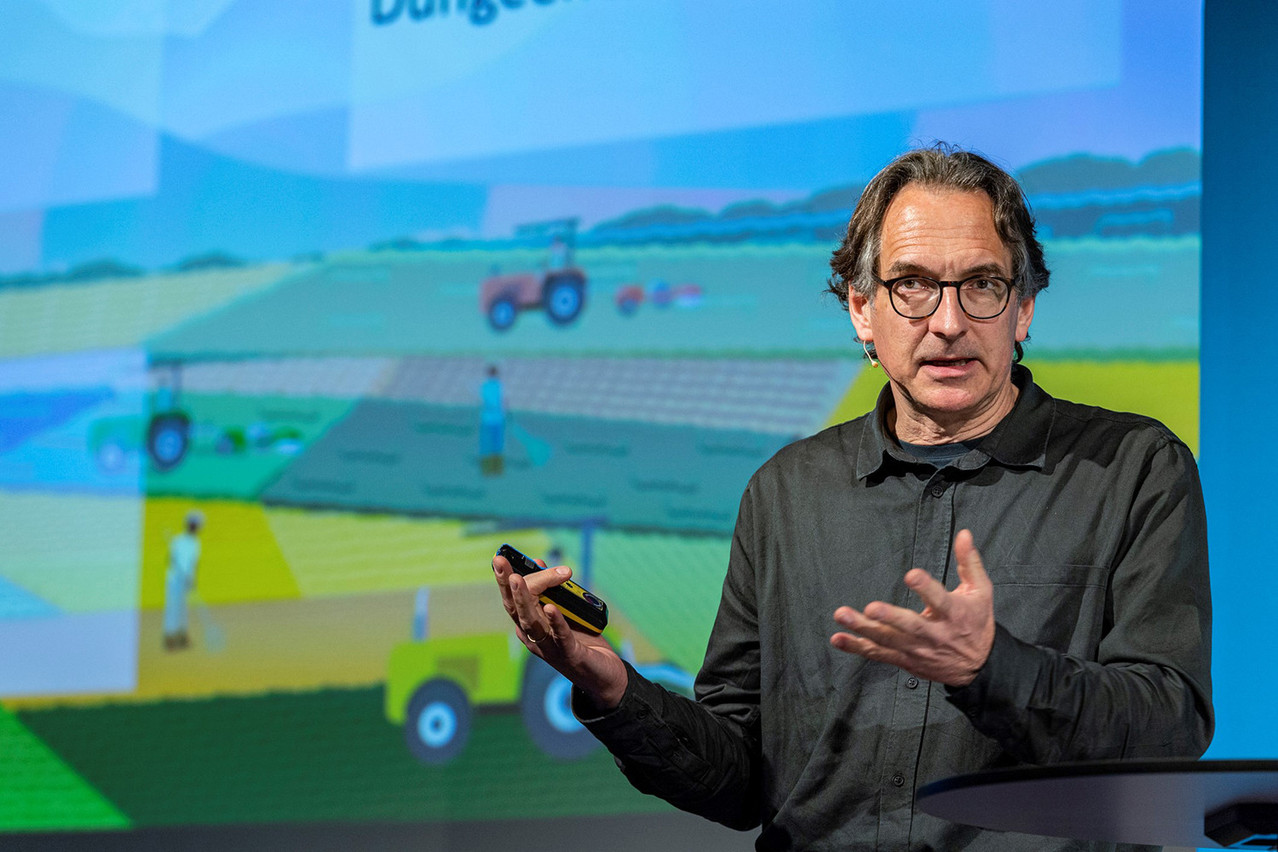A flagship initiative in the University of Luxembourg’s four-year plan, the Luxembourg Centre for Socio-Environmental Systems (LCSES) aims to become an international research hub bringing together experts in a variety of fields, including research into biodiversity, global food security and health. It is intended to become a think tank in which researchers will work on ecological and social solutions. To achieve this, it will use methods such as modelling, AI and simulation to conduct innovative research in the field of environmental sciences and sustainable development, through a number of working groups.
The Uni’s aim is to make the LCSES “an internationally recognised environmental research hub with the objective to improve our understanding of environmental systems and guide sustainable resource management and public policy,” as detailed in a .
On Tuesday 22 October, the university announced the name of the director of the new LCSES. Professor Ralf Seppelt will take up his post in March 2025. This German mathematician focused his research on environmental sciences during his doctorate in Germany. He has also published more than 150 scientific articles and contributed as an expert to the intergovernmental science-policy platform on biodiversity and ecosystem services. “He is renowned globally for his work in environmental science, biodiversity, and socio-ecological systems. Currently, he leads the research unit ‘Ecosystems of the Future’ at the Helmholtz Centre for Environmental Research-UFZ in Leipzig, Germany, overseeing a team of 100 researchers,” explained the Uni.
“I am delighted to welcome Prof Ralf Seppelt to our university. His internationally recognised expertise and dedication to environmental research will be invaluable to our new centre, which shall play a crucial role in addressing some of the most pressing global ecological and sustainability challenges of our time. As the founding director, Prof Seppelt will inject innovative vision and dynamic energy, driving our centre towards excellence and impactful discoveries,” said University rector .
“Sustainable development measures emerge from innovative narratives based on the latest theories and adapted to environmental conditions and societal needs,” emphasised Professor Seppelt. The work of the LCSES is based on the idea that environmental disruption and resource depletion, to name but two phenomena, are “closely linked to societal systems.” The LCSES aims to have a staff of around 150 within the next ten years, and aims to collaborate with policy-makers, NGOs and the private sector, ensuring that its research informs and guides decision-making.
This article was originally published in .
